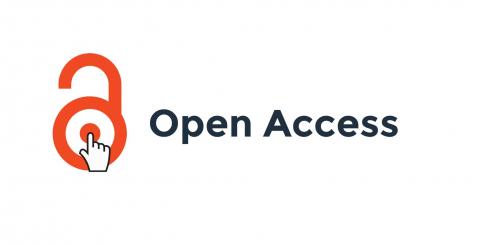Open access: an open challenge

Last January, the scientific journal Nature published a news about scientists who do research funded by the Gates Foundation, who are not allowed to publish their work in those journals that do not comply with the Foundation’s open-access policy. This is the case of important publications such as Nature, Science and the New England Journal of Medicine (NEJM).
In 2015, the Gates Foundation, one of the world’s most influential global health charities, announced his open access policy. It provides that all publications and their underlying data sets must be immediately accessible and open upon their publication and that they must be published under license that allows unrestricted reuse (including for commercial purposes) and permitting to publishers to apply up to a 12 month embargo period.
After January 1 2017, this embargo period will no longer be allowed.
If, on the one hand, the Gates-funded researchers seem highly supportive of this policy, on the other, some top journals, which do not comply to the Gates Foundation’s requirements, are currently off limits to these scientists.
Actually, there is an ongoing discussion between the foundation and these publishers. According to Peter Suber, director of the Harvard Open Access Project in Cambridge, Massachusetts, the journals like Science and Nature ought to accommodate the Gates policy, as it happened in 2008, when US National Institutes of Health (NIH) policy mandated that papers have to be freely available no later than 12 months after publication.
The Gates Foundation’s policy has focused attention again on open access to scientific information and research results not only in United States but also in Europe.
In 2012, the European Commission published a Communication towards better access to scientific information and a Recommendation on access to and preservation of scientific information, encouraging all EU Member States to disseminate publicly funded research through open access publication of scientific data and papers, free of charge.
Particularly, the European Commission, with Horizon 2020, has made a key step towards open science in Europe. In fact, all projects receiving Horizon 2020 funding must ensure open access to all peer-reviewed scientific publications relating to its results and, in the context of Horizon 2020, also a pilot on open access to research data is running.
Several European countries have already made progresses towards the transition to Open Science, while others, such as Italy, are still far to achieve that goal.
As stressed in the Amsterdam Call for Action on Open Science, the way to accelerate the transition to Open Science is to work together involving relevant stakeholders: government, universities, funders, researchers, publishers and also members of the public.
“Researchers, funders and publishers (I always thought that meant making things public) keep each other hostage in a deadly embrace by continuing to conduct, publish, fund and judge science in the same way as in the past centuryˮ, said Barend Mons, Chair of the Commission High Level Expert Group on the European Open Science Cloud (hleg-eosc).
Anyway, the deadline is 2020 for everyone: also for the big journals which will have revaluate their policy in light of developments within the scientific community and the society. A greater access to scientific information means to make the results of research available to all, in order to facilitate societal engagement and therefore to create the basis for a responsible research and innovation.
